Material Selection Analysis and Industry Applications of Large Forged Gears



| Product name: | Material Selection Analysis and Industry Applications of Large Forged Gears |
| Keywords: | Large Forged Gears, Forged Gear Material Selection, Forged Gear Material Properties, Alloy Steel Gears, Forging, Heavy Machinery Parts |
| Industry: | Metallurgy and minerals - Exploration industry |
| Process: | Forging - Upset forging |
| Material: | Alloy steel |
Processing manufacturer
- There are 51 manufacturers that provide similar products
- There are 173 manufacturers that provide this processing technology
- There are 71 manufacturers that provide this material processing service
- There are 200 manufacturers that provide this industry processing service
Product details
The core basis for material selection of large forged gears lies in load conditions, heat treatment processes, and cost-effectiveness. The material must possess high strength, high toughness, and excellent wear resistance to withstand complex working environments with heavy loads and impacts. Medium carbon alloy steels such as 42CrMo are commonly selected due to their good hardenability and excellent comprehensive mechanical properties after quenching and tempering, making them the most widely used material. For extremely high impact load conditions, carburizing steels such as 20CrMnTi can be selected to obtain a hard and wear-resistant surface layer and a tough core through carburizing and quenching.
In terms of industry applications, general-purpose alloy steel gears are commonly used in equipment such as mining machinery and heavy rolling mills. High-end carburized alloy steel gears are more suitable for critical areas such as wind turbine gearboxes and ship propulsion systems, which require extremely high strength, toughness, and fatigue strength. Scientific material selection can significantly improve gear reliability and optimize the total life cycle cost.
Similar products
More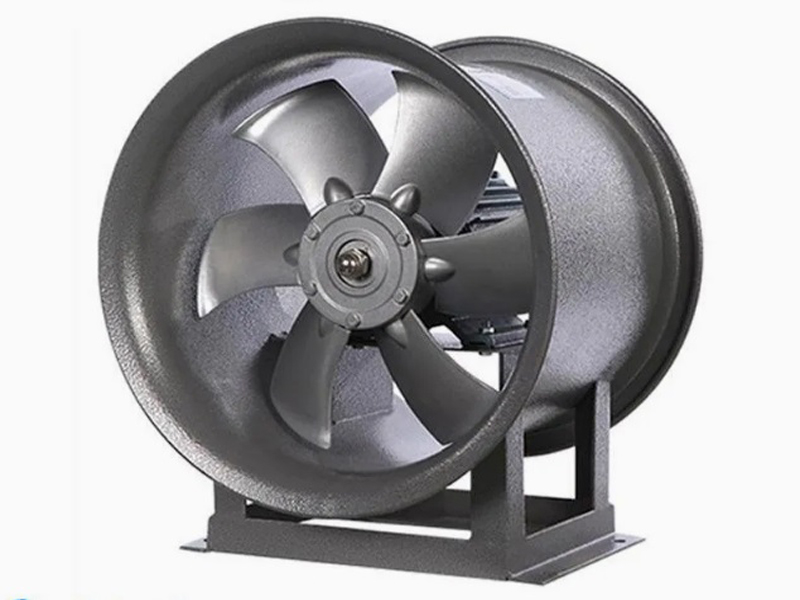
What are the machining processes used for processing axial fan housings
- Process : Sheet metal - Welding
- Material : Carbon steel
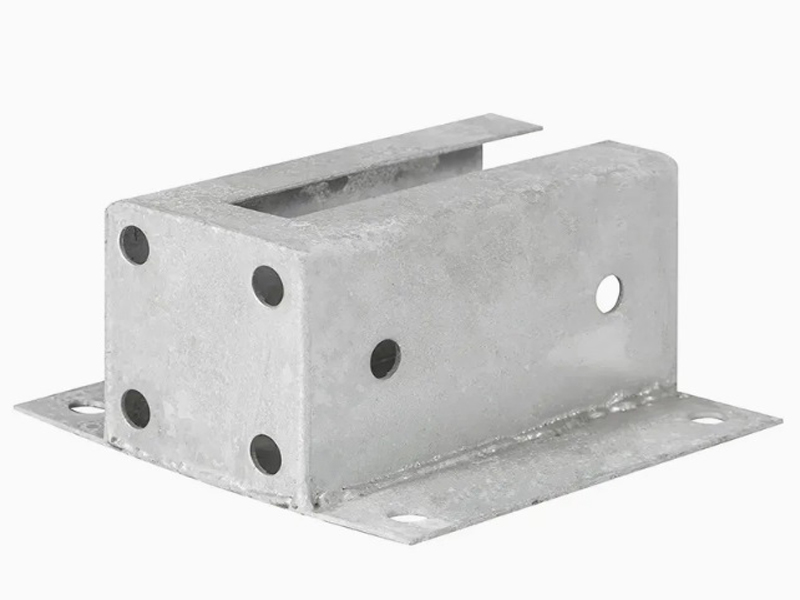
Machining Process Analysis of Carbon Steel Fixed Anchor Plates
- Process : Machining - CNC milling or milling machining
- Material : Carbon steel
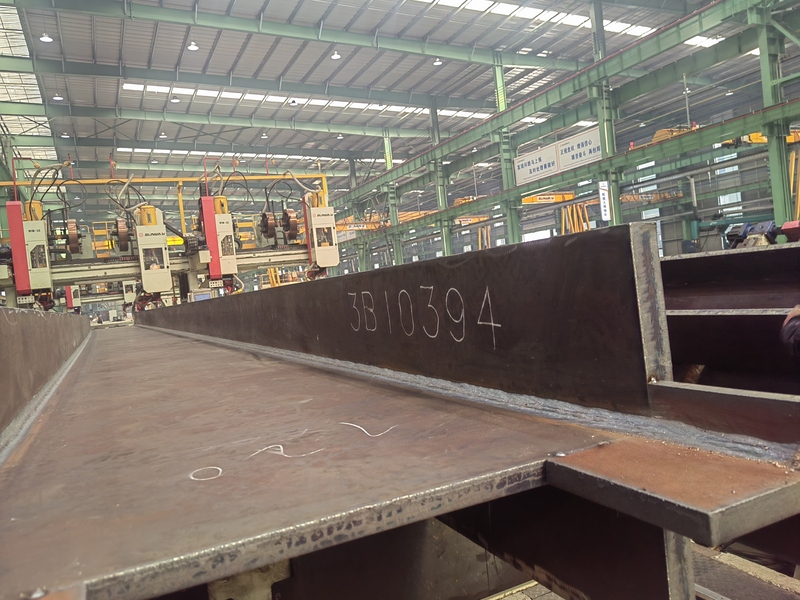
Custom Fabrication of S355JR Welded H-Beams for Construction Projects
- Process : Sheet metal - Welding
- Material : Carbon steel
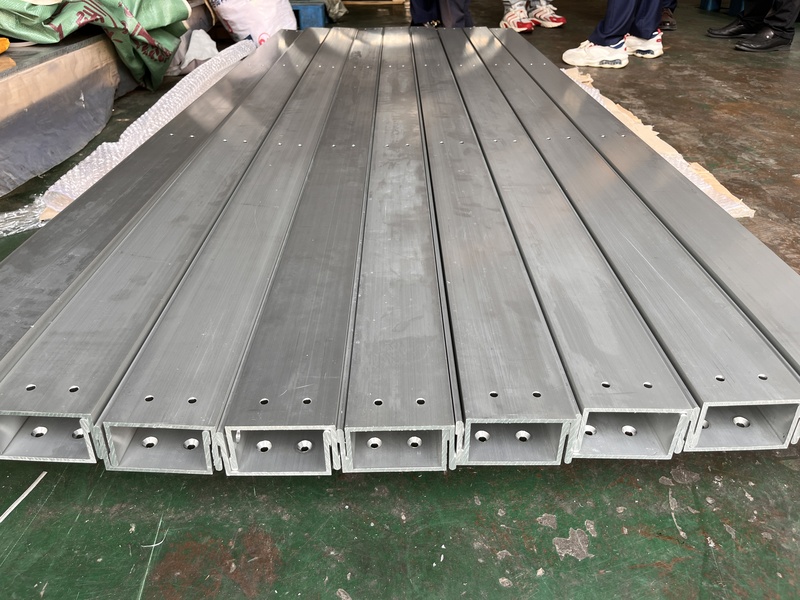
Precision Machining of U-Steel Profiles for Building Applications
- Process : Stamping - General stamping
- Material : Aluminum
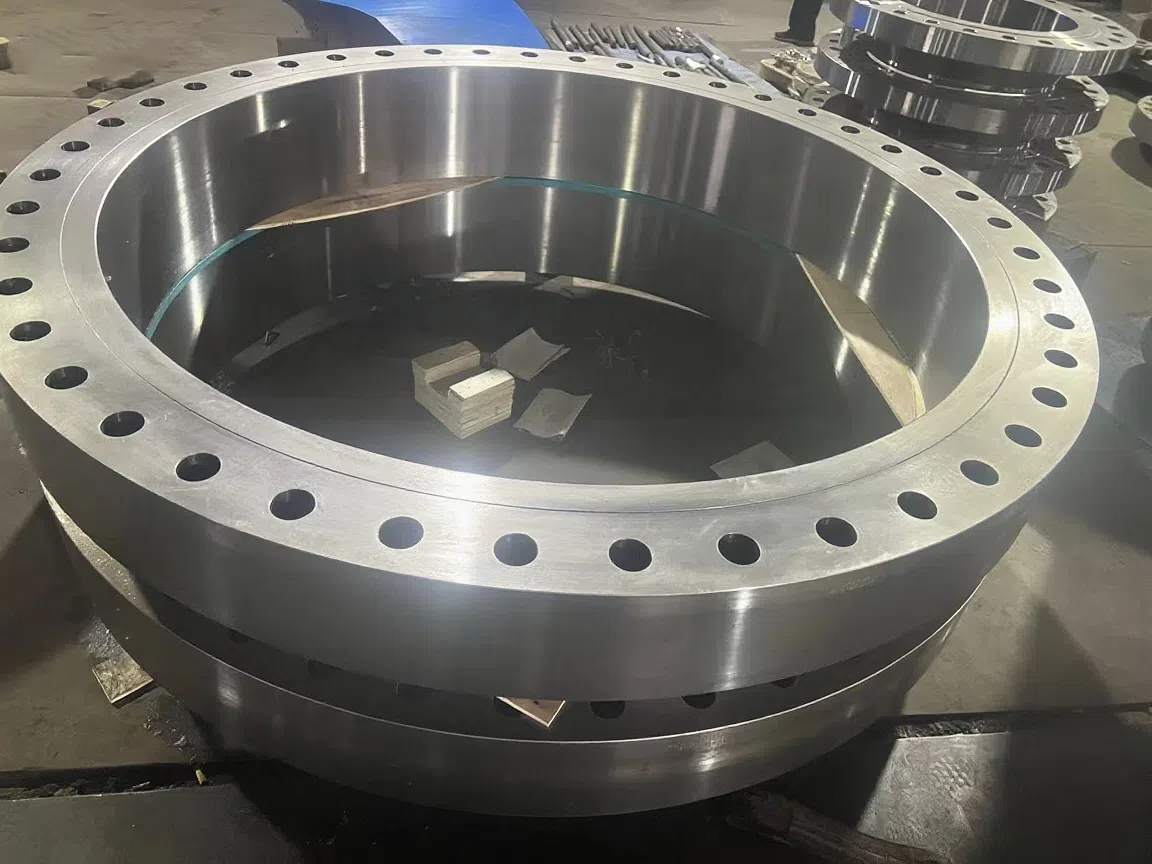
Heavy-Walled Flange Milling-Turning Machining and Flaw Detection
- Process : Machining - Turning Milling compound
- Material : Alloy steel
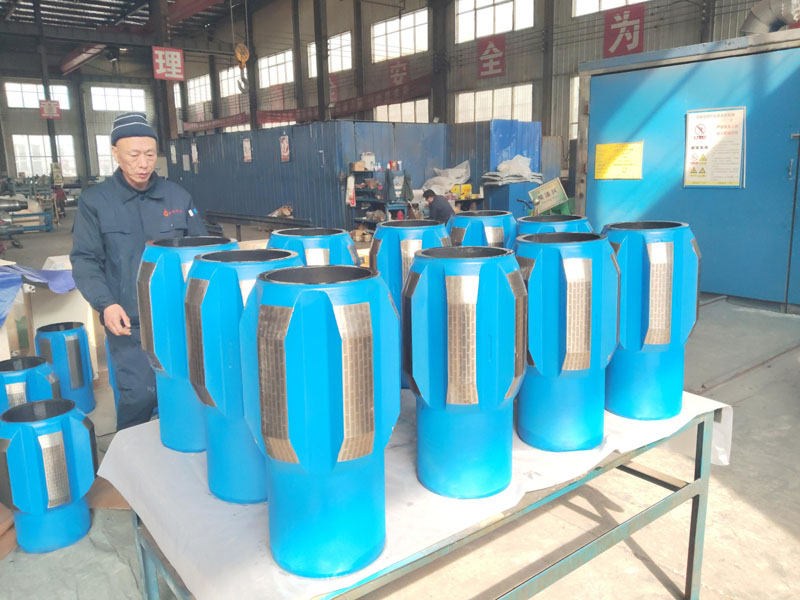
Drill Stabilizers Applied in Oil Drilling Platforms
- Process : Machining - Five-axis machining
- Material : Alloy steel
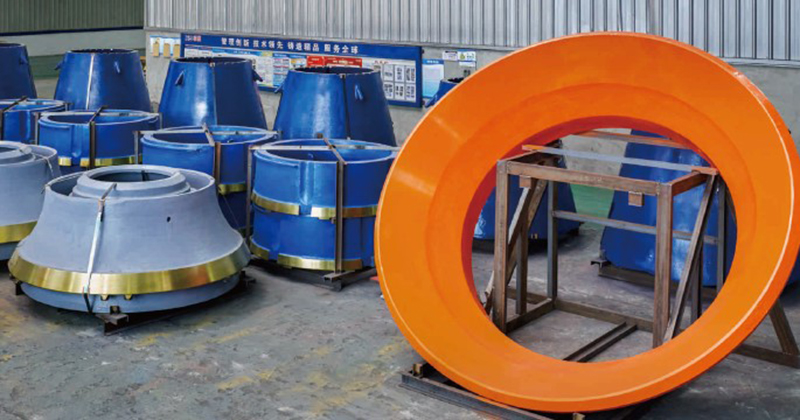
Cone Crusher Mantle
- Process : -
- Material :
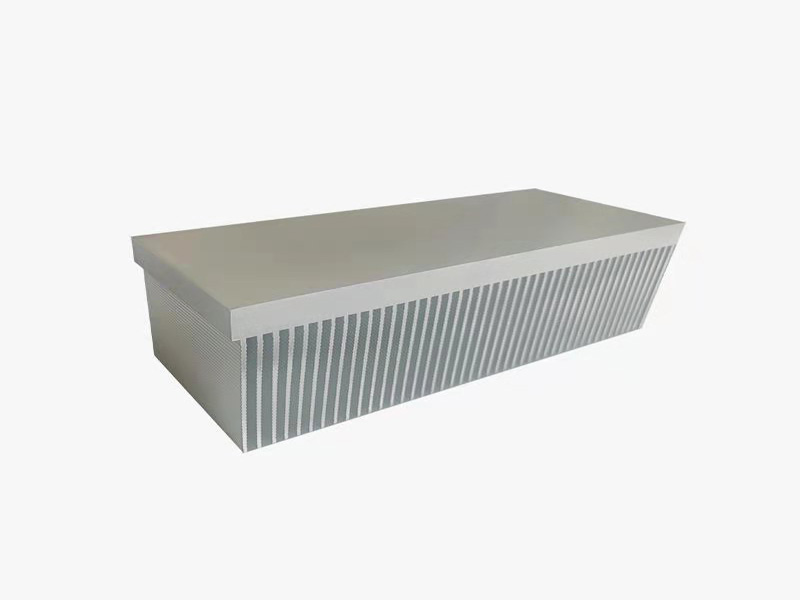
Innovative skiving technology: Breaking through the bottleneck of high-density heat dissipation technology
- Process : Surface treatment - Others
- Material : Alloy steel
More products
More
What are the machining processes used for processing axial fan housings
- Process : Sheet metal - Welding
- Material : Carbon steel

Machining Process Analysis of Carbon Steel Fixed Anchor Plates
- Process : Machining - CNC milling or milling machining
- Material : Carbon steel

Custom Fabrication of S355JR Welded H-Beams for Construction Projects
- Process : Sheet metal - Welding
- Material : Carbon steel

Precision Machining of U-Steel Profiles for Building Applications
- Process : Stamping - General stamping
- Material : Aluminum

Heavy-Walled Flange Milling-Turning Machining and Flaw Detection
- Process : Machining - Turning Milling compound
- Material : Alloy steel

Drill Stabilizers Applied in Oil Drilling Platforms
- Process : Machining - Five-axis machining
- Material : Alloy steel

Cone Crusher Mantle
- Process : -
- Material :

Innovative skiving technology: Breaking through the bottleneck of high-density heat dissipation technology
- Process : Surface treatment - Others
- Material : Alloy steel